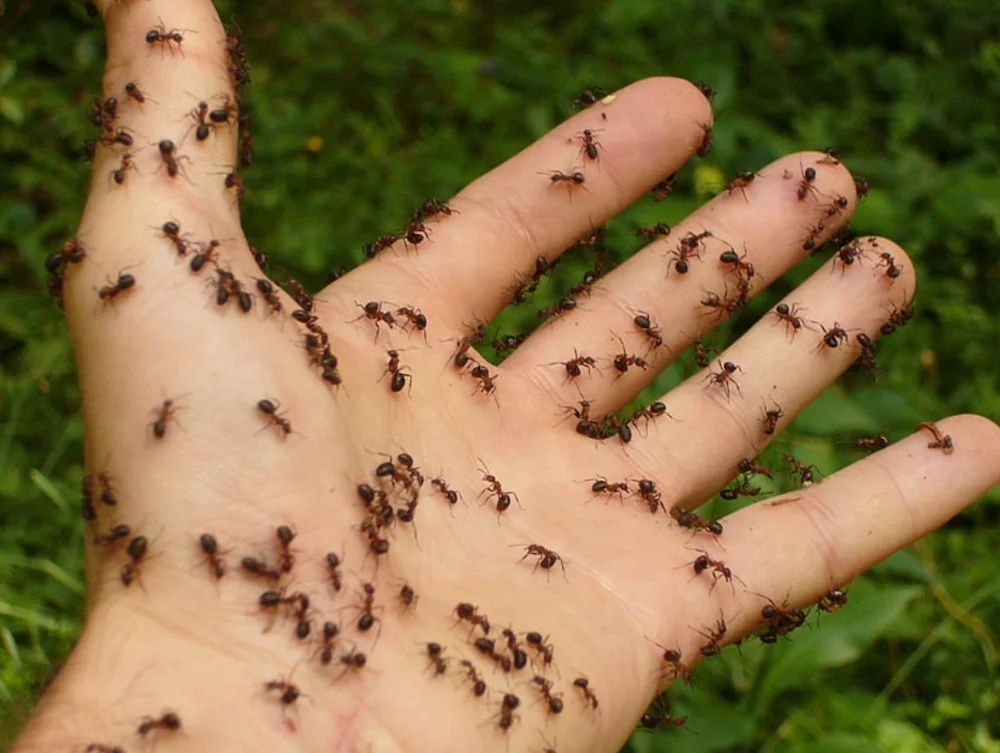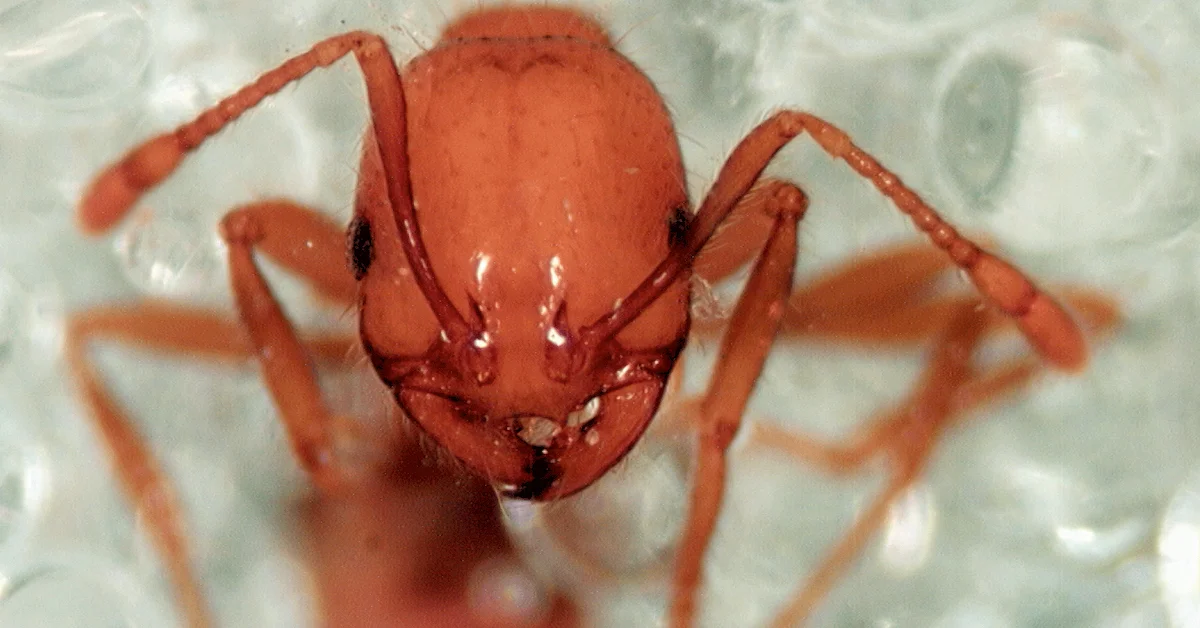A fire ant nest has been discovered and treated in D’Aguilar, just northwest of Caboolture, sparking immediate action from the National Fire Ant Eradication Program to prevent the spread of this invasive pest.
Discovery and Initial Action
On October 31, 2024, City of Moreton Bay Council staff detected a suspected fire ant nest during routine surveillance activities in D’Aguilar, a suburb close to Caboolture. The finding was promptly reported to the National Fire Ant Eradication Program, which responded by treating the nest with direct nest injection. The nest, along with another found nearby, was confirmed to contain fire ants, marking an alarming discovery outside the usual containment boundaries of the program.
Community and Safety Measures
The fire ant eradication team has launched an emergency response to control and assess the spread of fire ants in the Moreton Bay Region. Eradication activities will extend up to five kilometres from the original detection site, encompassing parts of the Caboolture area, with extensive surveillance and treatment efforts planned. The community will soon see safety messaging and signage around affected zones, aiming to inform residents and businesses of the potential risks.
Locals in and around Caboolture are urged to check their properties for signs of fire ants, particularly around soil mounds or patches with no clear entry or exit points. Suspected sightings should be reported through the Program’s website or by calling their hotline at 132 ANT (13 22 68).
Eradication Strategy and Safety
The National Fire Ant Eradication Program, a government-funded initiative, uses pesticides approved by the Australian Pesticides and Veterinary Medicines Authority (APVMA) to treat fire ant nests. These treatments are deemed safe for people, pets, and the environment, containing lower concentrations of active ingredients than those typically used in household or agricultural pest control.

The eradication team has begun a compliance investigation to trace how the fire ants entered the region. Any further nests or colonies found will be managed as per the Program’s protocols to avoid spreading to new locations around Caboolture and beyond.
How to Identify Fire Ants
Fire ants, which are copper-brown with a darker abdomen, measure between 2–6 mm in length and vary in size within each nest. Their nests may look like raised soil patches or flat mounds without visible entry points. The program encourages Caboolture residents to stay alert and report any potential sightings as part of the community’s effort to eliminate the fire ant threat by the target year of 2032.
For more information on identifying fire ants and to report suspected nests, visit fireants.org.au or call the Program’s hotline.
Published 4-Nov-2024












